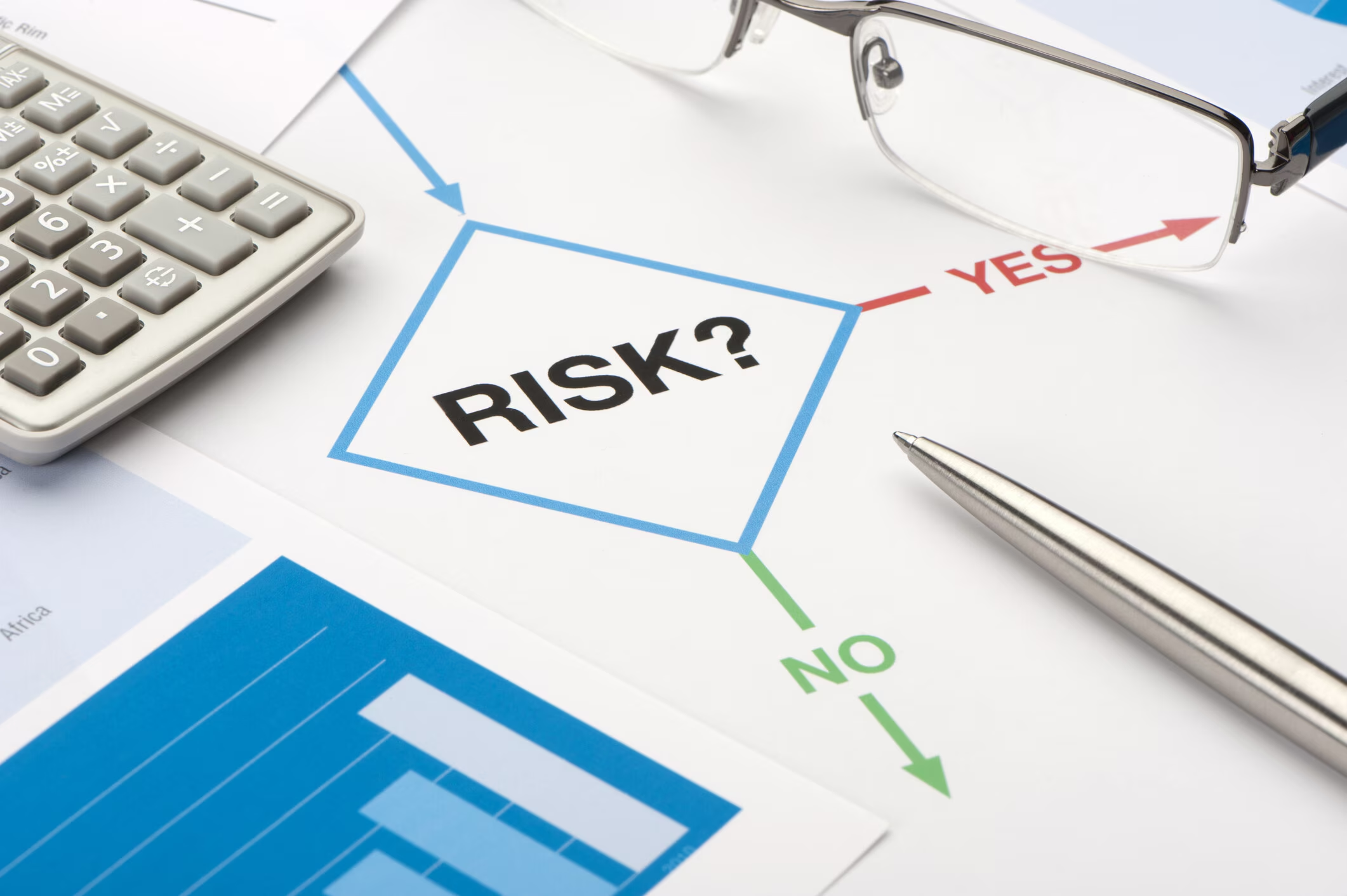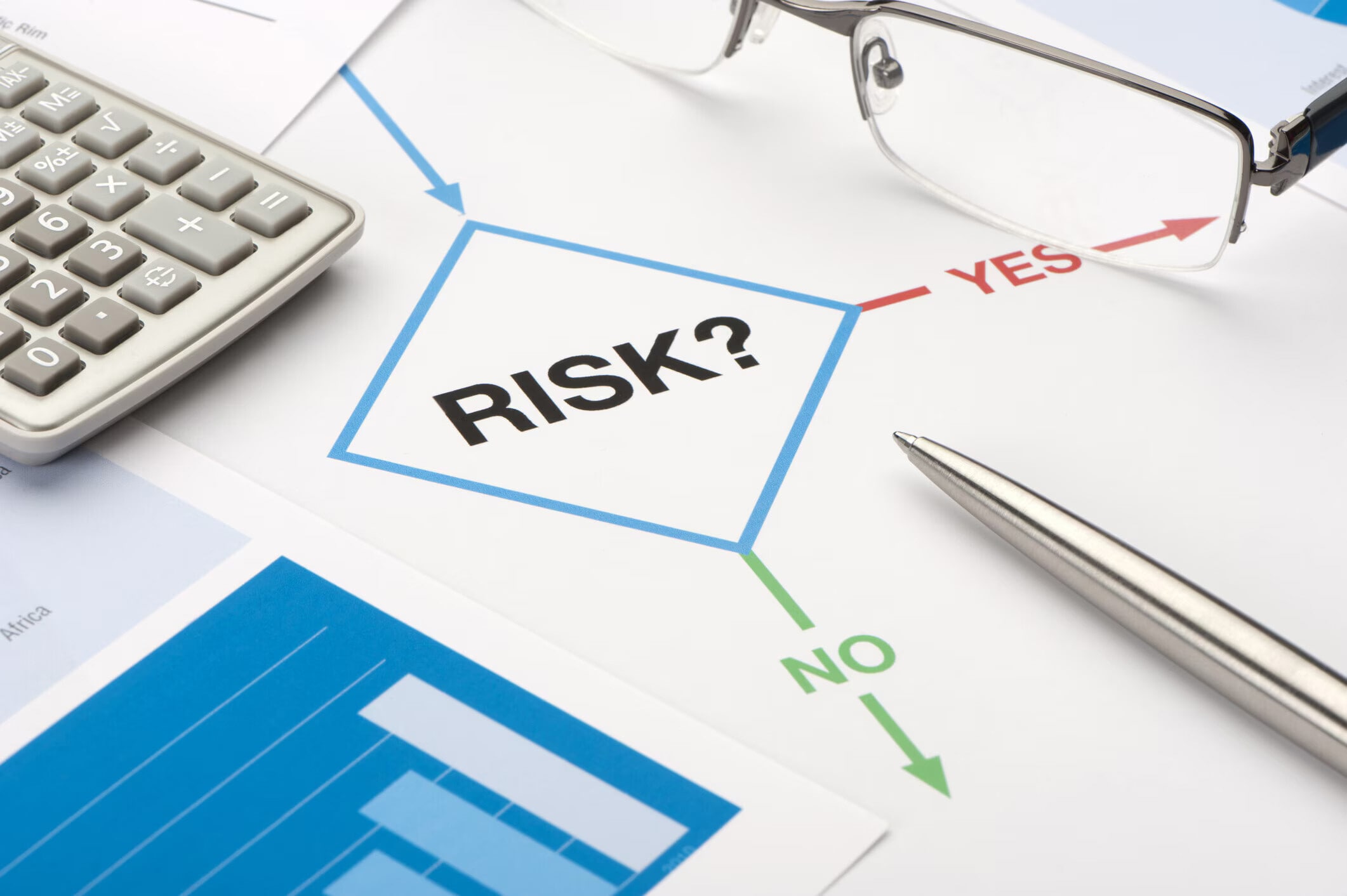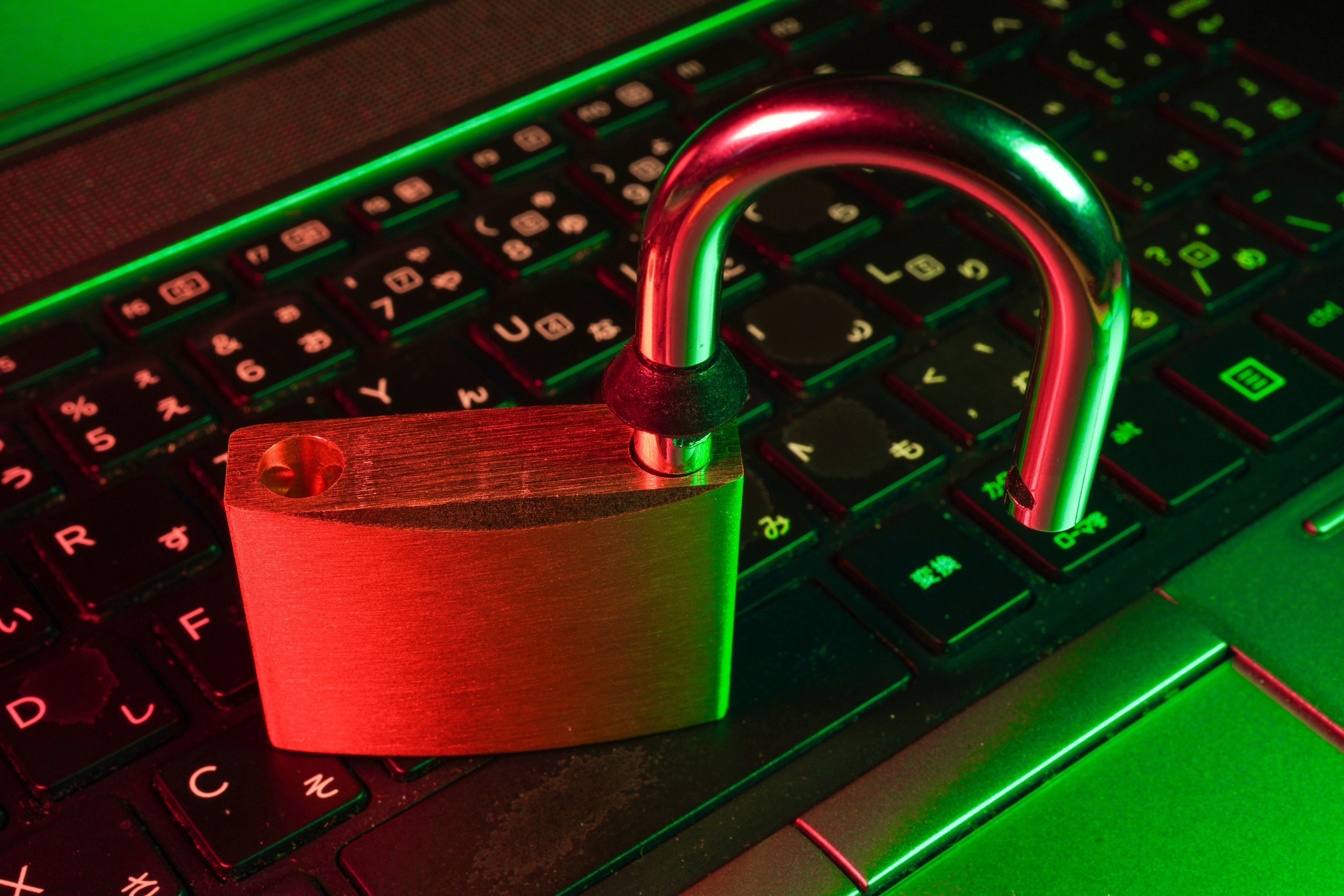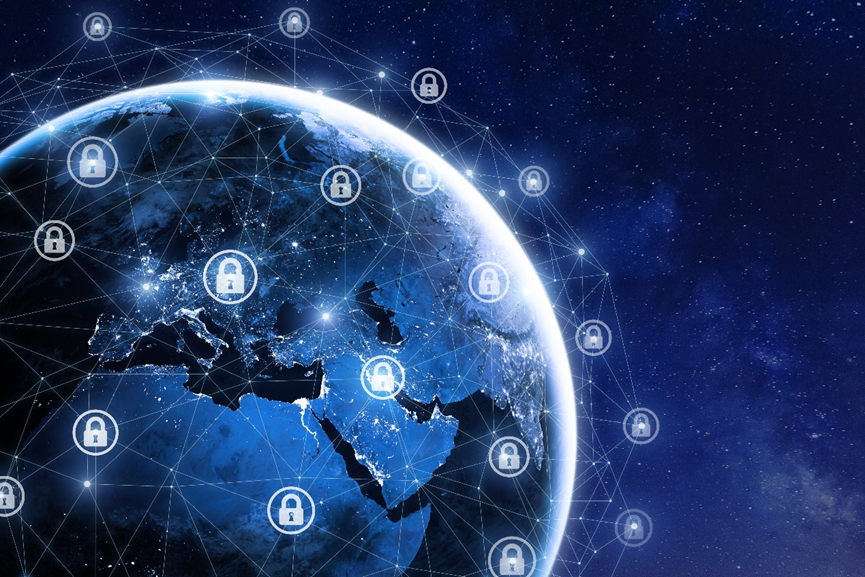
Sovereignty 2.0: Why Europe’s €180 million cloud bet matters
Crypto, AI and sovereign debt may be the bubbles capturing headlines, but they all sit on top of a deeper structural risk.
William Dixon is an Associate Fellow of the Royal United Service Institute specialising in cyber and international security issues. He started his career in the UK Intelligence Community where he worked on a range of operational and strategic issues. He is also a former Head of Future Networks and Technology of the World Economic Forum and has held various roles in the private sector.
Crypto, AI and sovereign debt may be the bubbles capturing headlines, but they all sit on top of a deeper structural risk.
企业构建网络安全韧性需要多元化布局、抵御虚假信息,以及重新重视夯实网络安全基础。
Resilience for cybersecuiry firms requires diversification, defence against misinformation, and renewed focus on enduring security fundamentals over hype.
Los gobiernos y las instituciones internacionales reconocen la fragmentación del orden mundial, por lo que tener un jefe de geopolítica se vuelve una prioridad para las empresas.
グローバルな秩序が分断化されつつあることを各国政府や国際機関が認識する中、「最高地政学責任者(CGO)」の創設は企業にとって喫緊の優先課題です。その役割は、高度な地政学的知見をコアビジネスの意思決定に統合することです。3つのポイントからなる実施フレームワークが、この役職によって生み出される機会を最大化します。
With governments and international institutions acknowledging the fragmenting global order, the creation of a Chief Geopolitical Officer role is an urgent priority for business.
今後10年間で12億人の若者が労働市場に参入すると予測されています。このマイルストーンは、Z世代が経済を形作る、最も豊かで影響力のある最大の労働力層となる中で、価値観、期待、世界観が根本的に変化していくことを意味します。このことにより、サイバーセキュリティに新たな課題が浮上しています。
Organizations must adapt to embrace the more sustainable, borderless and values-driven cybersecurity future that is being driven by the rise of Gen Z.
网络空间就像之前的公海或太空一样,已经成为民族国家争夺影响力、安全并进一步实现战略利益的又一新战场。从战略层面来看,西方和中国都深刻吸取了教训:网络诈骗团伙一旦长期存在,便可能演变为结构复杂、根深蒂固的地下网络黑产生态。历史早已表明,哪怕在最严峻的地缘环境中,围绕具体问题展开务实合作,也能为重建信任与对话打开大门,最终实现大国间的稳定。
Cybersecurity is no longer considered politically neutral. Recent trade wars have highlighted the need for strategic realignment in the cyber C-suite.
La ciberdelincuencia causa grandes daños psicológicos y económicos a Occidente y a China. Si cooperan, todos pueden ayudar a combatirla y reforzar la seguridad de sus países.
Cybercrime inflicts huge psychological and economic damage on the West and China, by cooperating they can help combat it and make their countries safer.
持续的地缘政治变动导致网络安全领域的国际合作减少,也将影响网络领导力未来数年的议程。人工智能和其他前沿技术的加速应用正在以前所未有的速度重塑网络安全格局。随着千禧一代和Z世代成为劳动力主力,网络威胁正在向去中心化平台、加密货币交易所和互动媒体领域转移。
現在進行中の地政学的な変化は、サイバーセキュリティにおける国際協力の縮小につながり、今後何年にもわたってサイバーリーダーシップの課題を形成することになるでしょう。
Ongoing geopolitical shifts are leading to reduced international cooperation in cybersecurity, shaping the agenda of cyber leadership for years to come.













